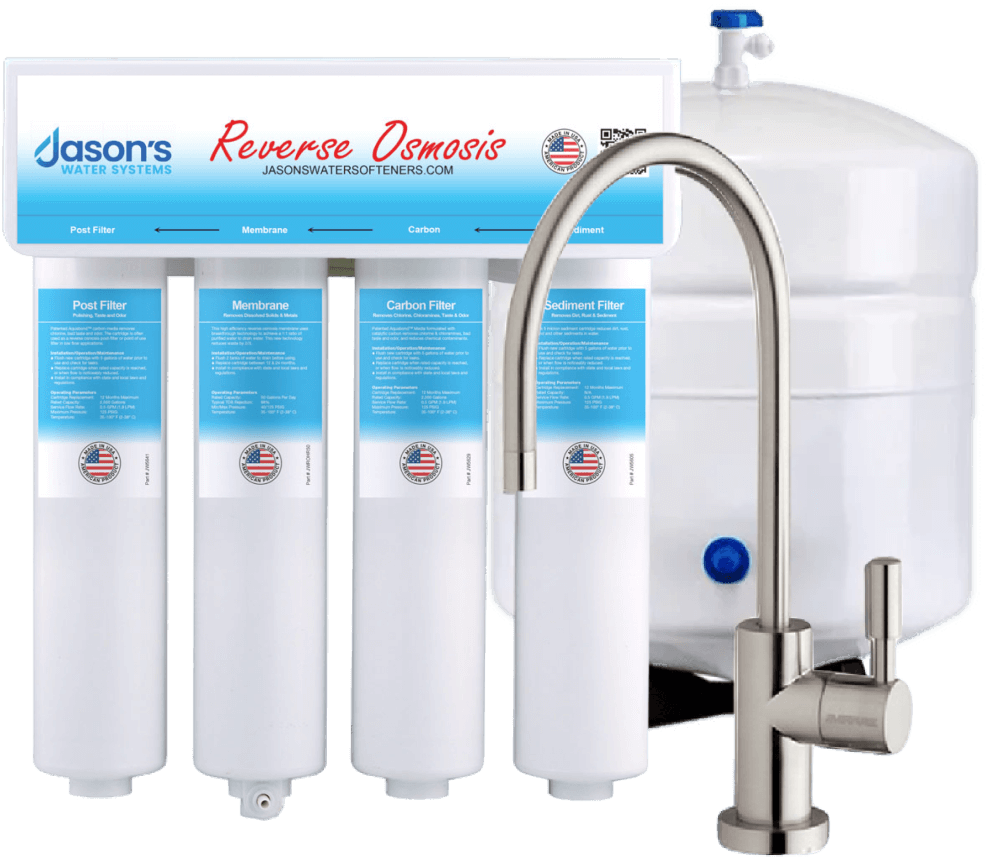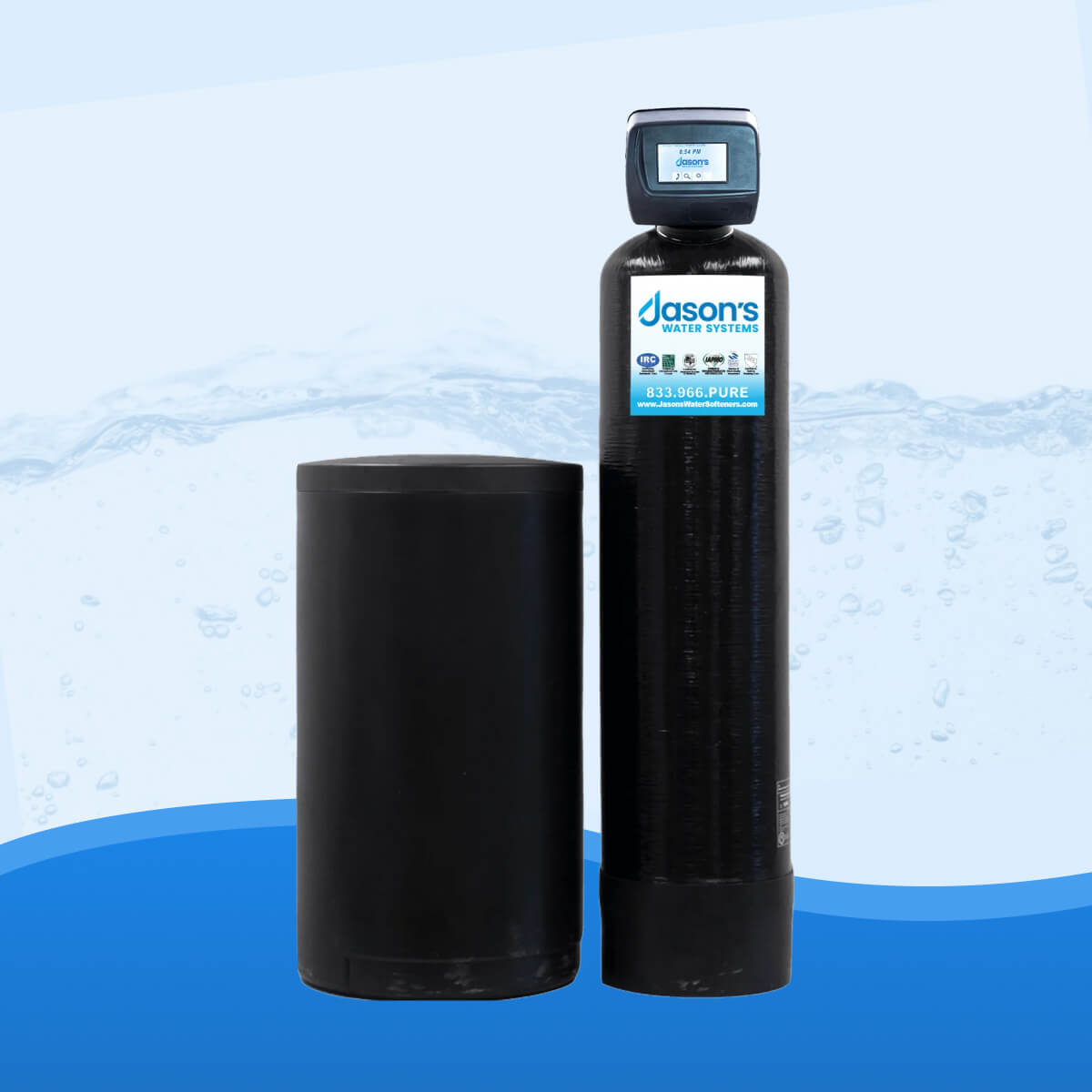
What You Should Know About Drinking Tap Water While Pregnant
When you or a loved one have a child on the way, you probably start realizing how quickly life can change. You’re suddenly concerned with new ways to keep safe and healthy, and these concerns find their way into every aspect of your life. It’s a lot to keep up with, but it’s worth it. One of these aspects of safety concerns your drinking water. How do you know it’s healthy enough to drink regularly? Here are the facts about drinking tap water while pregnant.
Water Sources
First of all, consider where your water is coming from. If you live in a city or town with public water systems, you don’t have much to worry about. City water supplies are routinely tested to ensure that they meet safety standards. In the event of an unexpected contamination or natural disaster, local government bodies will be quick to send out water quality alerts. There are also additional safety measures you can take, such as contacting the Environmental Protection Agency for a copy of your local Consumer Confidence Report.If you’re drinking tap water while pregnant on land that uses a private well, there are also additional safety measures for this. You may want to get your water quality tested once or twice a year – this is a good practice even if no one in your household is pregnant. This testing is especially important if you’ve noticed anything amiss about your water, including changes in taste, color, or smell.
Contaminants
Drinking tap water while pregnant is usually safe, but in the event that there’s a risk involved, it’s usually due to one of the following contaminants.
- Lead: A by-product of old pipes used prior to 1986. Prenatal exposure can result in cognition difficulty, decreased IQ, and behavioral problems.
- Bacteria: Bacterial diseases like E. coli can be transferred through drinking water, which is bad news for expecting mothers since the immune system is weakened during pregnancy.
- Pesticides or herbicides: Traces of chemicals like atrazine may contribute to diminished fetal growth.
- Disinfectants: While evidence is not yet conclusive, it is thought that disinfectant by-products may contribute to birth defects like cleft palates.
- Nitrates/nitrites: Agricultural by-products from fertilizers, livestock manure, and sewage runoff. Studies are beginning to link prenatal nitrate/nitrite exposure to thyroid problems.
If Your Water Doesn’t Make the Grade
If you’ve looked at the quality of your tap water and decided that it doesn’t meet your standards, here’s what you can do.
- Start filtering: Not all water filters are created equal. Look for a water filter that specializes in eliminating whatever contaminant you’re most concerned about.
- Boil your water:If local officials suggest boiling water before use, make sure you’re doing so. Note that this only eliminates microbial threats, not chemical ones.
- Use bottled water: For both drinking and cooking, bottled water can be used if you’re still worried about what’s coming out of your tap.
Just to recap, drinking tap water while pregnant is usually safe. However, it’s a good idea to do your research about local water quality and make sure that your family’s safety is beyond question. For more information on water purity and filtration, contact the experts at Jason’s Water Softeners. We take pride in saying that we supply the best water softeners in Texas, so get in touch with us today and we’ll start you off with a free water analysis.










